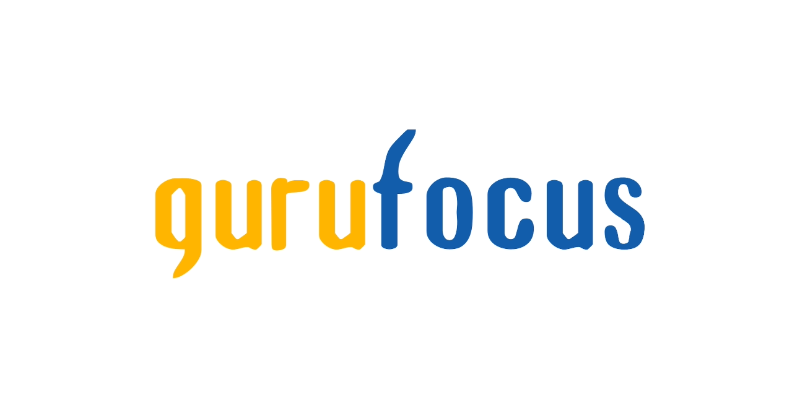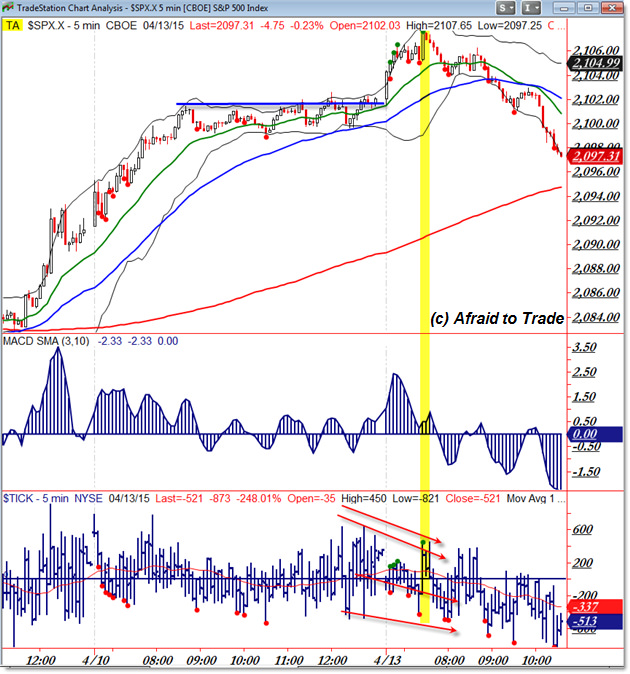Following the U.S. election, forex strategists are reassessing their euro outlook, now predicting a possible decline towards parity with the U.S. dollar. Major banks like Barclays, ING, and Nomura have significantly lowered their forecasts, marking a notable shift in sentiment over recent months. Swiss wealth manager Pictet and Deutsche Bank suggest even lower levels are possible for the euro.
The possibility of European exports suffering due to anticipated trade barriers has driven this shift, especially if trade restrictions become a policy focus after the next U.S. administration takes office. Since the election, the euro has already fallen nearly 3%, nearing its lowest point this year.
According to Mark McCormick, Global Head of FX and Emerging Markets Strategy at TD Securities, the euro might drop to $1.03 by January and could potentially reach parity thereafter. As the Republican Party edges closer to full control, the likelihood of implementing strict trade policies increases, further endangering the euro.
Other strategists echo the sentiment, foreseeing significant hits to the euro. Mizuho International projects the euro at $1.01 by March, while ING expects it to reach this level by early 2026. ING has notably reduced its forecast from a prior estimate of $1.10. Deutsche Bank holds an especially pessimistic view, suggesting the euro could fall below parity to $0.95 or lower if trade strategies are fully enacted without counteractive measures from Europe or China.
Bloomberg’s analyst consensus now forecasts the euro at $1.08 next year, a notable drop from pre-election levels of $1.13. Options markets also indicate further euro weakening. Data from the Depository Trust & Clearing Corporation shows that approximately €2 billion in options are betting on the euro hitting parity with the dollar next year.
J.P. Morgan’s forex strategists, including Meera Chandan, highlight the euro’s dual pressures from trade barriers and negative European sentiment, predicting it could fall below $1.05. Europe faces political instability, with Germany narrowly avoiding recession and France dealing with post-election risks.
However, some strategists don’t anticipate the euro reaching parity. Amundi SA notes the market’s heavy skew towards euro weakness, suggesting a strong dollar might not drastically impact the euro. Andreas Koenig, Global Head of FX at Amundi, mentions that the market is already significantly positioned for euro weakness, slowing its decline.
Others are watching critical support levels like $1.06, with $1.05 as the next line of defense. If these levels are breached, RBC BlueBay Asset Management may consider increasing their euro short positions.
Overall, uncertainty around the euro’s future remains, largely dependent on evolving U.S. trade and political landscapes, and the reaction of European markets.




